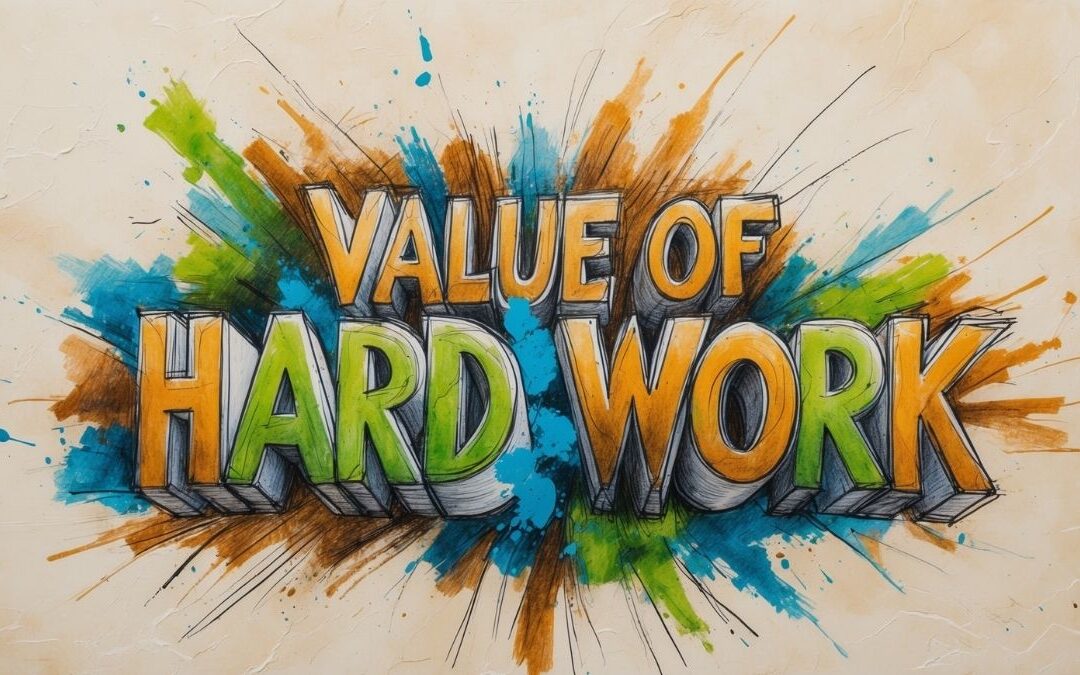In the quaint town of Verdantville, everyone knew everyone, and every brick, every tree, and every shop had its own tale. And in the heart of this town stood the ‘Whimsical Quill’ – an old bookstore run by Mr. Tobias Featherwick. On weekends, the store transformed into a hub of storytelling sessions, attended by both the young and the old.
One such evening, with the golden sun casting a warm glow on the antique shelves, and an eager crowd gathered in a cozy circle, Mr. Featherwick decided to regale them with tales of satire.
“Imagine,” he began, his eyes twinkling, “living in a world where everything is said as it is. Blunt. Direct. No hidden layers, no innuendos. Quite dull, right?” The crowd nodded.
“Now,” he continued, “let’s stir this pot. Imagine using wit, irony, and humor to portray this same world. Exaggerating its follies, mocking its vices, but in a manner that’s entertaining yet thought-provoking. That, my dear friends, is the essence of satire.”
Lucy, a young teenager, recalled a memory, “Like when Aunt Bertha, instead of directly saying Mr. Jenkins was a loudmouth, remarked, ‘When Mr. Jenkins speaks, even the crows three towns over learn something new!’?”
Mr. Featherwick chuckled, “Precisely! Through that playful comment, Aunt Bertha wasn’t just making a humorous observation; she was commenting on Mr. Jenkins’s infamous verbosity.”
He went on, “Throughout history, writers have wielded satire as a tool, not just to entertain, but to challenge the status quo, to criticize societal norms, and to induce change.”
Elderly Mrs. Maple raised her hand, “Oh, like Jonathan Swift’s ‘A Modest Proposal’! Instead of directly criticizing the British for their exploitation, he sarcastically suggested they eat the babies of the poor. It was horrifying but made people think!”
“Yes, Mrs. Maple!” Mr. Featherwick applauded. “Swift used satire to drive home a powerful message about the indifference of the British towards the Irish poor.”
Tom, a college student, chimed in, “And it’s not just old literature. Today’s comedians, late-night show hosts, cartoonists – they’re all satirists in their own right. By making us laugh at our own absurdities, they’re urging us to reflect and perhaps, change.”
The room buzzed with agreement. Many began sharing instances where satire had made them ponder over societal issues – be it racial discrimination, political absurdities, or cultural stereotypes.
Mr. Featherwick, sensing the room’s energy, concluded, “Satire is like a splash of cold water on a drowsy morning. It startles, shakes, and wakes us up. By wrapping hard truths in humor, it makes the bitter pill of critique easier to swallow. And while it entertains, it also holds a mirror to society, urging it to introspect.”
As the evening shadows lengthened, and the session concluded, the attendees left with a newfound appreciation for satire. They realized that every joke, every sarcastic comment, every comic strip they’d laughed at, had layers beneath – echoing the imperfections of society, urging it to be better.
And Verdantville, with its heart in ‘Whimsical Quill’, echoed a bit louder that night. With tales of satire resonating in its air, it slept with dreams of a better, more reflective tomorrow.
So, next time you come across a satirical piece, remember, it’s not just words playing on a page or a comedian cracking a joke. It’s a call, a nudge, a reminder. It’s an echo from the literary world, urging you to look, to think, and to evolve.











0 Comments